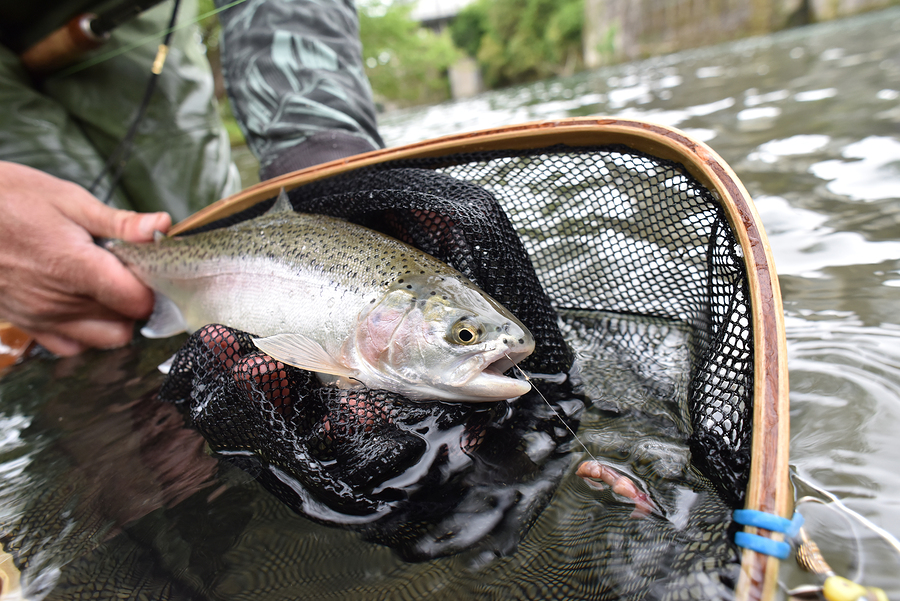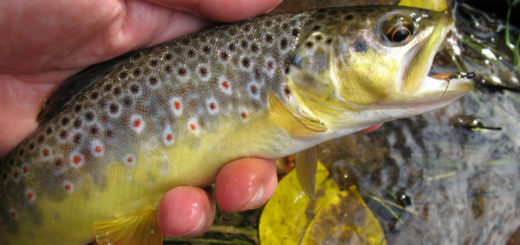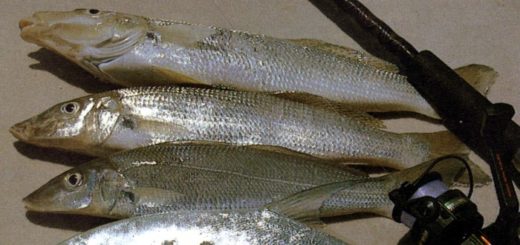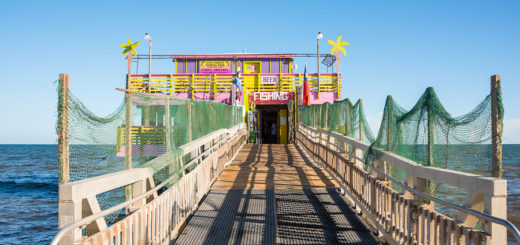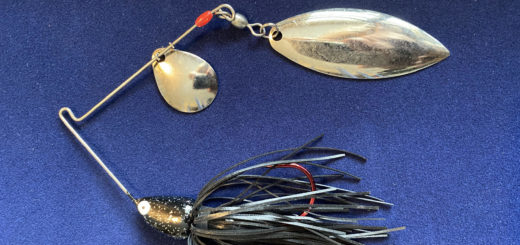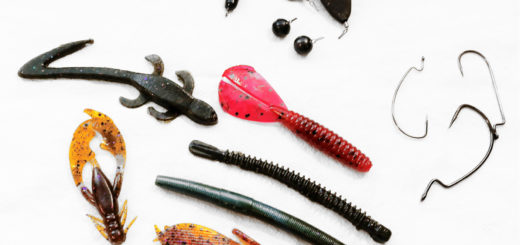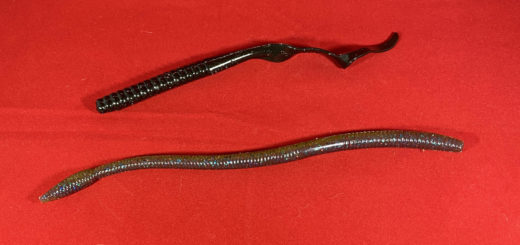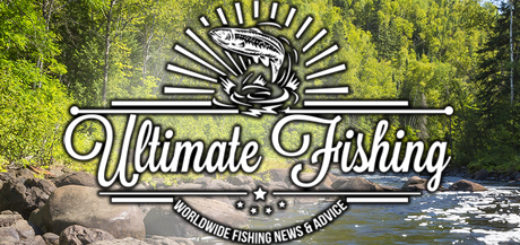Standing in a mountain stream casting a fly into the shimmering, clear water may seem far, far away from other sporting venues; a far cry from tennis court or football field. But make no mistake, for many who trout fish, it’s an adrenaline rush that no other sport can beat. It’s a challenge against a competitor quite unlike those of us who fish for them. We can see only brief glimpses into their lifestyle and know even less about their thought patterns. And yet we wade into these streams, or float out into these lakes, in the hopes that the knowledge we do have can lead us to a great day on the water. Whether we are strictly catch and release anglers or are looking for dinner, the stakes are conceivably much higher for our quarry. Anglers can enjoy catching trout on lures of all types, and spin lures seem to be some of the most popular in many areas of the country.
Many anglers face off, not only against the trout themselves, but against their fishing buddy, or even against themselves by trying to beat a personal best. They search to find the pattern of the fish, and to learn the trout lure that will bring the strike. Fishing itself has long been an activity of camaraderie and competition, and trout fishing is no different.
Trout spin lures are made by companies such as Mepps, Rublex Celta and Blue Fox. When looking to catch trout on lures, spin lures are some of the most effective under a wide variety of conditions. Spin lures are effective, in part, because they are reaction lures. Reaction lures as those that are moved quickly, looking for a reflex bite. Liken them to the “impulse buy” items at the grocery store. While you may not go into the grocery store looking for a bar of chocolate, when you are faced with one at check out, you may very well grab it before you leave. The same thing can be said for reaction baits such as spin baits where trout are concerned. As an angler, then, the trick is to make sure the trout you seek are in your “checkout line”. That is, you need to present this bait in all of the high percentage areas: those where you are most likely to find trout based on their behavior, the time of year, the forage that is present, and any other factors that may play into the equation.
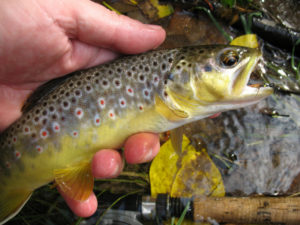 For sporting anglers, the challenge of pitting oneself against another species, and against Mother Nature herself, is the challenge that keeps us coming back for more. We cast a trout lure out into the water, retrieve it with a practiced cadence, and we wait. We wait for the fight that we know is to come. When we feel the thump on the end of the line and hear the reel scream as the fish takes line, we know the battle is on. We play the fish careful so as not to lose our quarry. Slowly and steadily we bring the fish closer to us or to our boat. Our hearts race as we pray the fish doesn’t jump and spit the hook. We play the fish, who is the master of his environment, until we can reach down and carefully pluck him from the water.
For sporting anglers, the challenge of pitting oneself against another species, and against Mother Nature herself, is the challenge that keeps us coming back for more. We cast a trout lure out into the water, retrieve it with a practiced cadence, and we wait. We wait for the fight that we know is to come. When we feel the thump on the end of the line and hear the reel scream as the fish takes line, we know the battle is on. We play the fish careful so as not to lose our quarry. Slowly and steadily we bring the fish closer to us or to our boat. Our hearts race as we pray the fish doesn’t jump and spit the hook. We play the fish, who is the master of his environment, until we can reach down and carefully pluck him from the water.
We hope all of our hook ups end this way. But we also know the defeat of losing a fish. It may be near the boat, or it may be shortly after the fish takes our spin lure, but the deflated feeling is the same. If we are lucky, we are able to see the magnificent colors of the trout before it leaves us to be alone again. Anglers who attempt to catch trout on lures know the triumph of victory, but also, as they say, the agony of defeat. That is the true spirit of a sport, after all. We will win some and we will lose others. The valiant among us will strive to be a better sportsman, and to achieve greater results the next time. The next time we fish for trout on spin lures, we will take the knowledge we have learned from this adventure, and apply it to the next.
Sport fishing is a great international pastime, and trout fishing itself holds a very special place in that arena.
